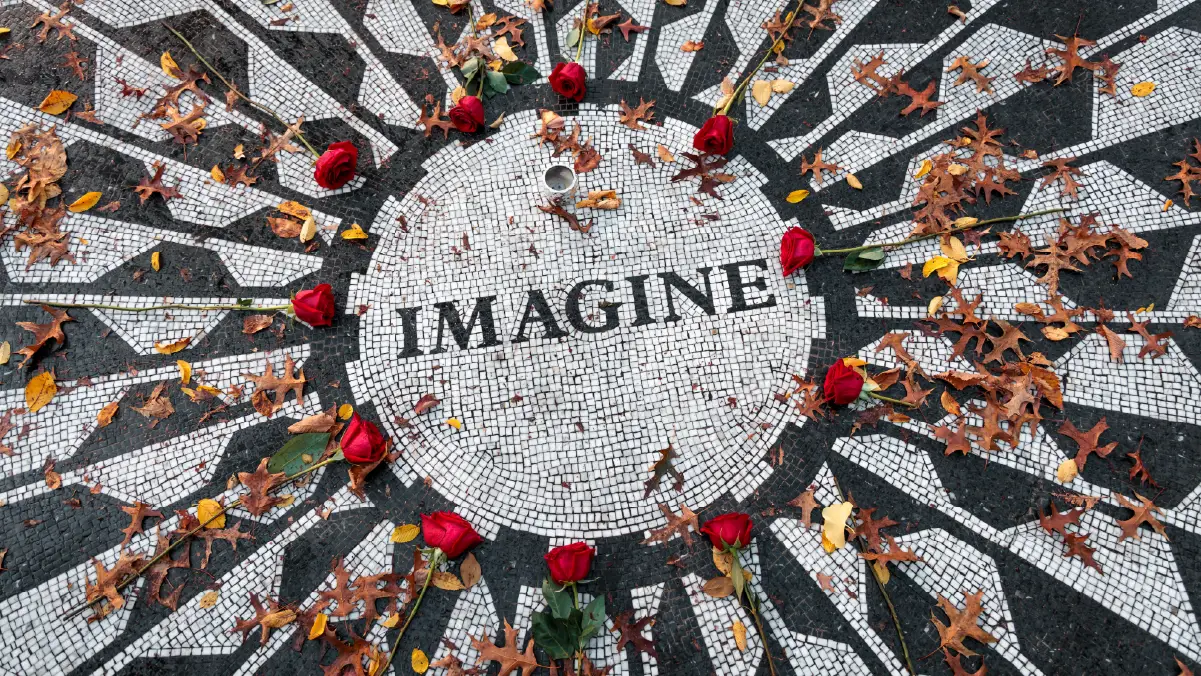
Lil Peep was born on November 1, 1996, in Allentown, Pennsylvania, as Gustav Elijah Åhr. He spent his childhood in Long Island, New York, where he lived with his Harvard-graduate parents and older brother. Despite making good grades, Lil Peep eventually dropped out of public high school and instead took online courses to earn his diploma.
Lil Peep’s musical career took off after sharing his music on SoundCloud and YouTube platforms. At the age of 18, Lil Peep left Long Island for Los Angeles to pursue a professional career in music and establish himself in the industry.
Dubbed his “generation’s Kurt Cobain” by Rolling Stone magazine, Lil Peep’s music was comparably emotional and gloomy. Many of his songs were about mental illness, drug use, and relationship woes, making him relatable and popular among teens struggling with similar issues. Unfortunately, Lil Peep’s success as a musical artist was at its peak when he passed away.
Lil Peep spoke openly about his struggles with depression and bipolar disorder, which drove his drug use and influenced his music. In addition to being open about suffering from mental illnesses, Lil Peep was equally as open about his drug use and addiction. His lyrics and social media posts frequently mentioned the substances he struggled with, which were Xanax (alprazolam), marijuana, cocaine, and alcohol. He was also known to use psilocybin mushrooms, cigarettes, and opioids—including fentanyl.
Music industry executives informed Lil Peep they would not judge or chastise him for using drugs but warned he would likely not reach his full potential as a music artist if he continued down that path. Lil Peep never sought treatment at a drug rehab center and continued using drugs regularly until he died.

Lil Peep died of a drug overdose on November 15, 2017, just days after his 21st birthday, while on tour in Tucson, Arizona. The toxicology report showed he had died of an accidental fentanyl-Xanax overdose.
Earlier that evening, Lil Peep had laid down around 5:45 p.m. to take a nap before that night’s performance. His manager had checked on him twice after that and reported that Lil Peep had been breathing but was unresponsive. Three hours later, at 8:45 p.m., Lil Peep’s manager checked on him a third time and found that the artist had stopped breathing. At that point, his manager contacted emergency services and performed CPR, but medics pronounced Lil Peep dead upon arriving at the scene.
Lil Peep was not receiving treatment for depression and bipolar disorder but was not medicated for these mental health disorders. Instead, Lil Peep used illicit drugs and alcohol in an effort to numb his symptoms and tame suicidal thoughts and tendencies.
According to the Department Of Health and Human Services, mental health disorders can sometimes lead to drug and alcohol use. Some people with mental illness may misuse these substances as a form of self-medication. However, drugs and alcohol are not effective long-term treatments for mental illness and may actually worsen mental illness due to how these substances can change the functioning and structure of the brain.
Self-medication increases the risk of physical dependence, addiction, and overdose. Chronic use of drugs and alcohol can also lead to other health problems, including chronic pain, insomnia, and organ failure. People who suffer from mental illness and addiction (co-occurring disorders) can be safely treated for both conditions at a drug and alcohol rehab center.
About 50% of people who experience a mental illness will also experience a substance use disorder at some point in their lives, reports the National Institute on Drug Abuse. Many addiction treatment centers offer dual diagnosis therapy to help people manage and recover from addiction and mental illness.

The Cornerstone of Successful Recovery Sobriety stands as the cornerstone of successful recovery from addiction.

The Power Of Inspirational Quotes In Recovery The power of inspirational quotes in the mental

Celebrities’ Mental Health Struggles Celebrities often appear to lead glamorous and joyful lives, but behind

Matty Healy: From Rising Star to Recovery Advocate Born in 1989 to actor Tim Healy

Ray Charles: A Snapshot of His Life and Legacy Ray Charles, born in 1930 in

Importance of Gratitude in Alcohol Addiction Recovery Showing gratitude is an exceptional trait that can

John Lennon’s Heroin Addiction: A Brief Overview John Lennon, born in 1940 in Liverpool, was

Struggling with substance use disorder and addiction can be a long and difficult road, but

Lil Peep’s Background Lil Peep was born on November 1, 1996, in Allentown, Pennsylvania, as
Let’s talk about what’s going on — no judgment. (We’ve been there before ourselves). No one will know you inquired and there is no commitment to call.
Need someone to talk to? We’re here when you need it most.
There’s no obligation to get your questions answered.
No one will ever know you inquired.
Copyright © 2025 The Haven Detox. All rights reserved